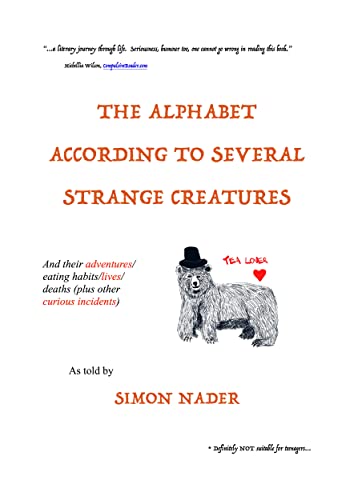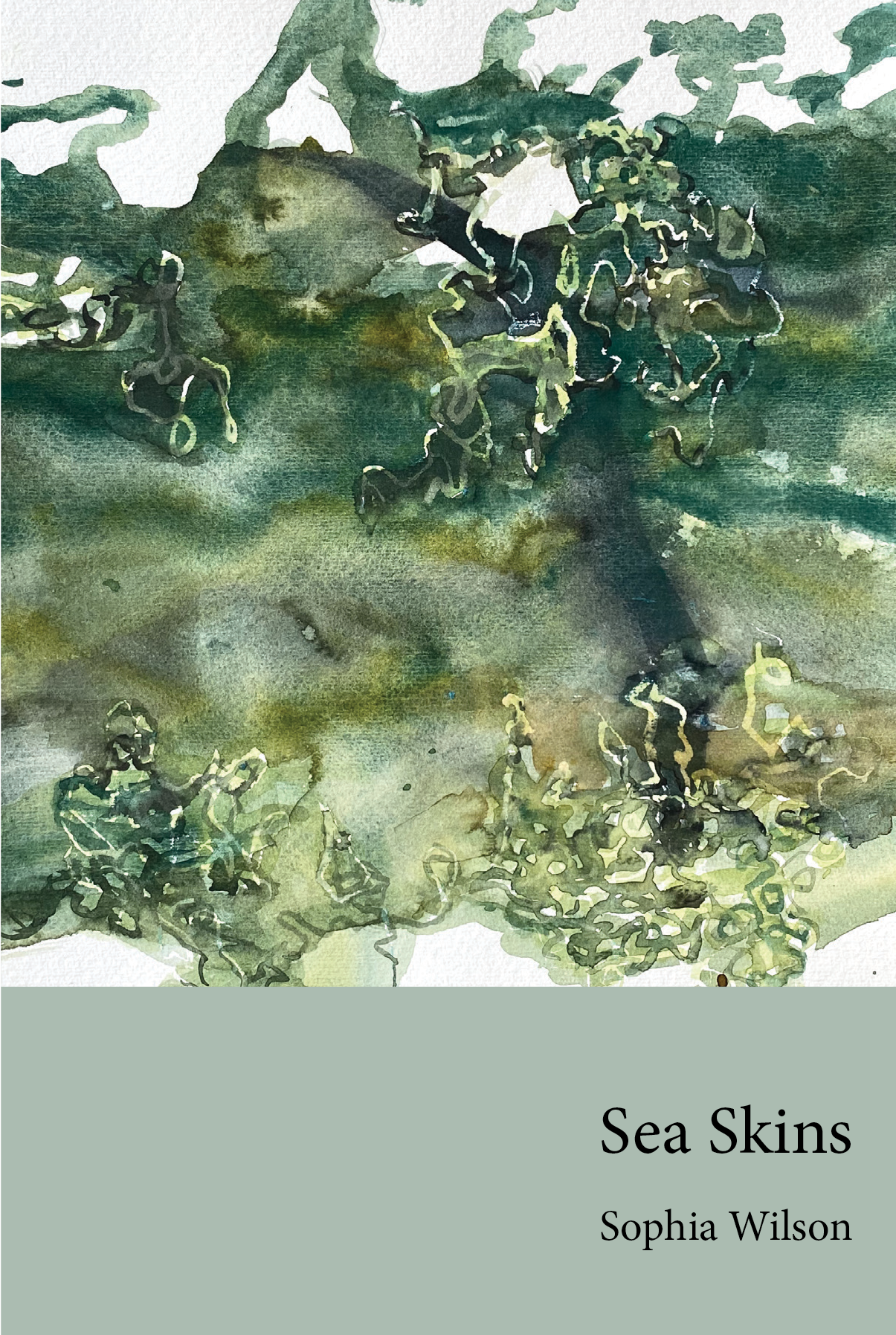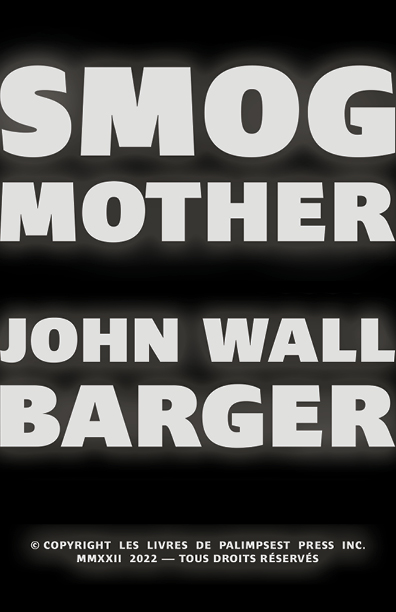 Marina Rubin in Conversation with Stephanie Dickinson, discussing Rubin’s new book Knockout Beauty and Other Afflictions – a collection of stories of desire, damage, and human meandering. The authors discuss, among other things, influences, the advantages of being multilingual, linguistic precision, characterisation, utilising humour, the power of the first line reveal, and lots more.
Marina Rubin in Conversation with Stephanie Dickinson, discussing Rubin’s new book Knockout Beauty and Other Afflictions – a collection of stories of desire, damage, and human meandering. The authors discuss, among other things, influences, the advantages of being multilingual, linguistic precision, characterisation, utilising humour, the power of the first line reveal, and lots more.
A review of Beauty in the Beast by Emily-Jane Hills Orford
 In the original folktale, when the young woman learns to love the beast, she is surprised by his transformation. In Orford’s novel, Priya is manipulated by a male being for whom she felt an attraction, so her happy ending is not the conventional one. Instead, it arises naturally from Orford’s novel and is suitable for the 21st century.
In the original folktale, when the young woman learns to love the beast, she is surprised by his transformation. In Orford’s novel, Priya is manipulated by a male being for whom she felt an attraction, so her happy ending is not the conventional one. Instead, it arises naturally from Orford’s novel and is suitable for the 21st century.
A review of Isle of Dogs by Jon Frankel
 Isle of Dogs is full of densely plotted, exciting political intrigue and violence. But Frankel is at best when writing about the intimacies of daily life which persevere in this new world–a meal made with food grown at a garden, a woman’s relief at putting a baby to a full breast, a man picking up his child before going to work.
Isle of Dogs is full of densely plotted, exciting political intrigue and violence. But Frankel is at best when writing about the intimacies of daily life which persevere in this new world–a meal made with food grown at a garden, a woman’s relief at putting a baby to a full breast, a man picking up his child before going to work.
Matadors Are Metaphors, a Review of When Correlation is Causation by Heikki Huotari
 It would be limiting to call these prose poems or even language poems; they eschew labels. Better to think of them as ventures in language, in reality, in the probable, and the possible. To achieve a pattern, the poet uses a number of devices. “To the horseless carriage I say get a horse.”
It would be limiting to call these prose poems or even language poems; they eschew labels. Better to think of them as ventures in language, in reality, in the probable, and the possible. To achieve a pattern, the poet uses a number of devices. “To the horseless carriage I say get a horse.”
A Review of A Career in Books by Kate Gavino

A review of Lilies on the Deathbed of Étaín and other poems by Oisin Breen
 But it’s serious, deadly serious. Written with care, and with love for language. At first sight, there seems to be something infernally unruly about Oisín Breen’s poetry, until you spot the fact that the structure is there, recognisable but bloody oneiric, lulling you into a false sense of security and then ripping itself up and changing.
But it’s serious, deadly serious. Written with care, and with love for language. At first sight, there seems to be something infernally unruly about Oisín Breen’s poetry, until you spot the fact that the structure is there, recognisable but bloody oneiric, lulling you into a false sense of security and then ripping itself up and changing.
A review of The Alphabet According to Several Strange Creatures by Simon Nader
 Containing 26 well crafted parts, written in poetic couplets, this body of work exercised us of assonance, allegory, homonyms, rhyme, as well as other distinguished poetic techniques. These techniques charge this body of work and set it ablaze.
Containing 26 well crafted parts, written in poetic couplets, this body of work exercised us of assonance, allegory, homonyms, rhyme, as well as other distinguished poetic techniques. These techniques charge this body of work and set it ablaze.
A review of Sea Skins by Sophia Wilson
 Wilson works every word with the precision of a linguist, drawing out the sounds of words, “The tick-tock knock of one hundred clocks” or “three shells cantering takka tak takka tak”. Alliteration, rhythm, rhyme, parataxis – the poems employ a range of techniques that make them aurally beautiful
Wilson works every word with the precision of a linguist, drawing out the sounds of words, “The tick-tock knock of one hundred clocks” or “three shells cantering takka tak takka tak”. Alliteration, rhythm, rhyme, parataxis – the poems employ a range of techniques that make them aurally beautiful
A review of Smog Mother by John Wall Barger
 The unsayable inevitably finds its way into Smog Mother, not just in fantastic dreams, but in the ugliness of life and death, in the rushing precipices we face and try not to. Barger takes the role of poet to the letter when he lets disaster unfold in his work. You can feel that he barely blinks in the face of this darkness, not because he is unfeeling, but to take it all in.
The unsayable inevitably finds its way into Smog Mother, not just in fantastic dreams, but in the ugliness of life and death, in the rushing precipices we face and try not to. Barger takes the role of poet to the letter when he lets disaster unfold in his work. You can feel that he barely blinks in the face of this darkness, not because he is unfeeling, but to take it all in.
A review of Oh My Rapture by Gemma White
 Hidden amongst all the coarseness and slang words there is gentleness and poignancy, as you read page by page you can feel it. There is a voice impregnated in the words of the poems that are like two forces, forces that propel and repel each other.
Hidden amongst all the coarseness and slang words there is gentleness and poignancy, as you read page by page you can feel it. There is a voice impregnated in the words of the poems that are like two forces, forces that propel and repel each other.